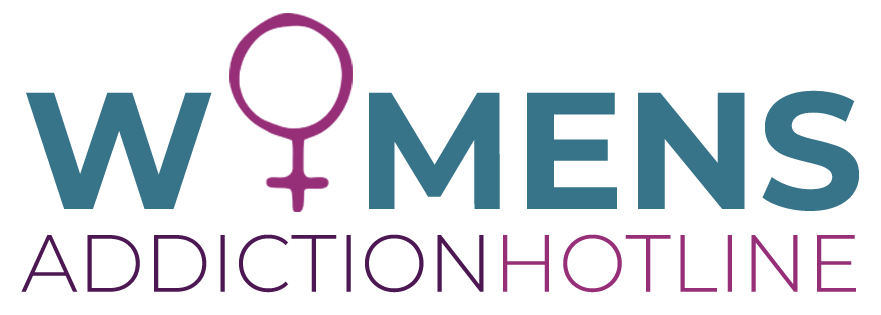South Carolina Women’s Addiction Hotline
South Carolina Women’s Substance Abuse Hotline
South Carolina Women’s Drug & Alcohol Abuse Statistics
Substance abuse among women in South Carolina is a growing concern, with statistics revealing a high prevalence of drug and alcohol use[1]. According to a report by the Substance Abuse and Mental Health Administration (SAMHSA), from 2011 to 2019, the overall prevalence of substance use disorder (SUD) increased significantly from 5.4% to 6.2%[2]. The report presents South Carolina’s estimates for 25 measures of substance use and mental health based on the combined 2009 and 2010 National Surveys on Drug Use and Health[3]. The study found that women in South Carolina are more likely to use prescription drugs non-medically than men, with 4.6% of women reporting non-medical use of prescription drugs compared to 3.2% of men[4].
Several demographic factors contribute to substance abuse among women in South Carolina[5]. According to the “1991 South Carolina Prevalence Study of Drug Use Among Women Giving Birth,” over 50% of women who gave birth in South Carolina reported using drugs or alcohol during pregnancy[6].
Additionally, women who have experienced physical or sexual abuse are at a higher risk of developing substance use disorders[7]. Other factors that contribute to substance abuse among women include poverty, lack of access to healthcare, and mental health issues[4]. The analysis and series of state fact sheets examine data looking at mental health and substance use disorder across states and capacity to meet residents’ needs[4].
Women who abuse drugs or alcohol are more likely to experience mental health issues, including depression and anxiety[8]. Substance abuse during pregnancy can also lead to negative outcomes for both the mother and child, including premature birth, low birth weight, and developmental delays[9]. Additionally, women who struggle with substance abuse are at a higher risk of experiencing domestic violence and sexual assault[7]. It is crucial to address substance abuse among women in South Carolina to improve their overall health and well-being[10]. Effective prevention and treatment programs should be implemented to address the root causes of substance abuse and provide support for women in need.
1. South Carolina (SC) | CBHSQ Data. from www.samhsa.gov/data/report/south-carolina-sc-0
2. Population-based examination of substance use disorders …. ( from www.ncbi.nlm.nih.gov/pmc/articles/PMC10430156/
3. South Carolina (SC) | CBHSQ Data. from www.samhsa.gov/data/report/south-carolina-sc
4. Mental Health in South Carolina. from www.kff.org
5. NCDAS: Substance Abuse and Addiction Statistics [2023]. from drugabusestatistics.org/
6. South Carolina Legislature. from www.scstatehouse.gov
7. Substance Abuse in Women – PMC. from www.ncbi.nlm.nih.gov/pmc/articles/PMC3124962/
8. National Survey on Drug Use and Health (NSDUH). from www.samhsa.gov
9. Substance use among women who are pregnant. from www.sciencedirect.com
10. Women researchers advancing health and well-being. from news.clemson.edu

Women’s Substance Abuse Treatment Resources South Carolina

South Carolina Government Department Of Alcohol And Drug Abuse Services
South Carolina Government Department Of Alcohol And Other Drug Abuse Services. The Department of Alcohol and Other Drug Abuse Services (DAODAS) is a cabinet agency, with its Director appointed by the Governor of South Carolina through the advice and consent of the Senate. To ensure the availability and quality of a continuum of substance use services, thereby improving the health status, safety, and quality of life of individuals, families, and communities across South Carolina. Prevention and Intervention Services Division – Works with federal, state, public, and private organizations to develop comprehensive state and community-based substance use prevention and intervention services using evidence-based approaches.
Treatment and Recovery Services Division – Provides state leadership to improve access, reduce barriers, and promote high-quality, effective treatment and recovery options for individuals and families in every community.

South Carolina Department of Health Substance Use Prevention
South Carolina Department of Health Substance Use Prevention. At the forefront of public health initiatives, the South Carolina Department of Health and Environmental Control (DHEC) prioritizes substance use prevention as a critical component of community well-being. Through a comprehensive array of resources and programs, DHEC endeavors to address the multifaceted challenges posed by substance misuse, fostering healthier individuals and communities statewide. With a commitment to evidence-based strategies and collaboration with diverse stakeholders, DHEC’s Substance Use Prevention Resources platform serves as a vital hub for education, intervention, and support, empowering individuals and organizations to combat substance use disorders and promote positive behavioral health outcomes.
Shalom Recovery South Carolina Women’s Addiction Treatment
Shalom Recovery South Carolina Women’s Addiction Treatment. Shalom Center sits on 104 acres near Belton, SC. Women’s Program Treatment Highlights. First 12 Weeks Women seeking treatment may enter up to three 90-day programs. The first program uses a Christian 12-step workbook, facilitated groups, and outside recovery groups. Second 12 Weeks Upon completion of the first 90 day program, women may enter the “six month” program. This second 12-week program focuses on codependency and addressing core issues of destructive relational and life patterns.

Magdalene House of Charleston SC Women’s Addiction Recovery Programs
Magdalene House of Charleston SC Women’s Addiction Recovery Programs. The phases of Magdalene House of Charleston are based on concepts that refer to the various life stages that an individual will experience while living within the recovery community. The residential program is designed to be completed in one year. Residents may stay longer than one year depending on the length of time it takes for successful completion of each phase required for a resident to progress to the next phase. Progression through the phases is approved by the Program Director and determined by the resident’s longevity in the program, adherence to program policies and procedures, active participation in community life, and movement through those steps required to reach her personal growth, education, and employment goals.

South Carolina Alcoholics Anonymous Area 62
South Carolina Alcoholics Anonymous Area 62. SC AAhttps://www.area62.org/Area 62 is composed of AA groups meeting in the state of South Carolina and a few groups meeting in neighboring North Carolina. Through our 3 meetings held annually in a central location, the Area 62 Assembly serves to unite AA members in S.C. and to provide a voice for SC members in matters affecting AA as a whole. To learn more about our Area Assemblies and what’s going on in Area 62.

